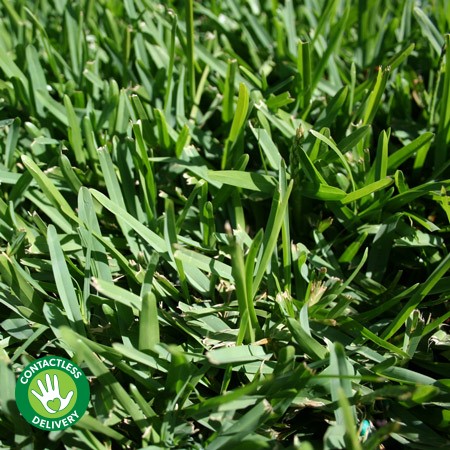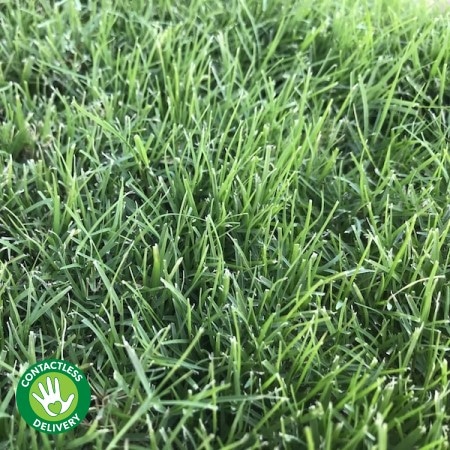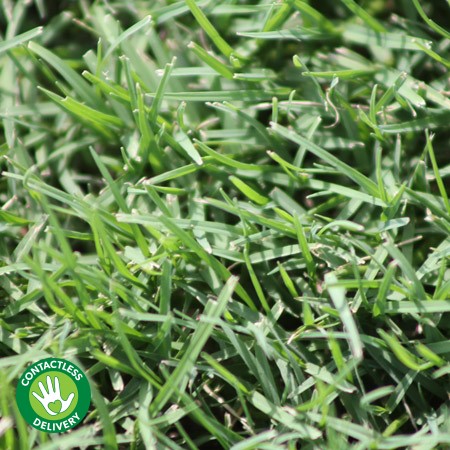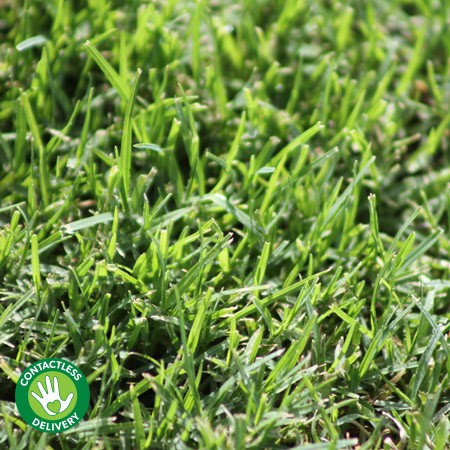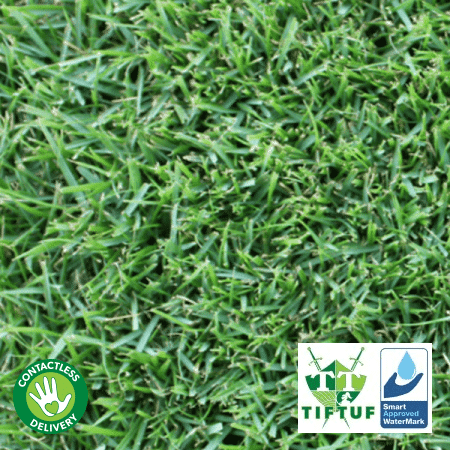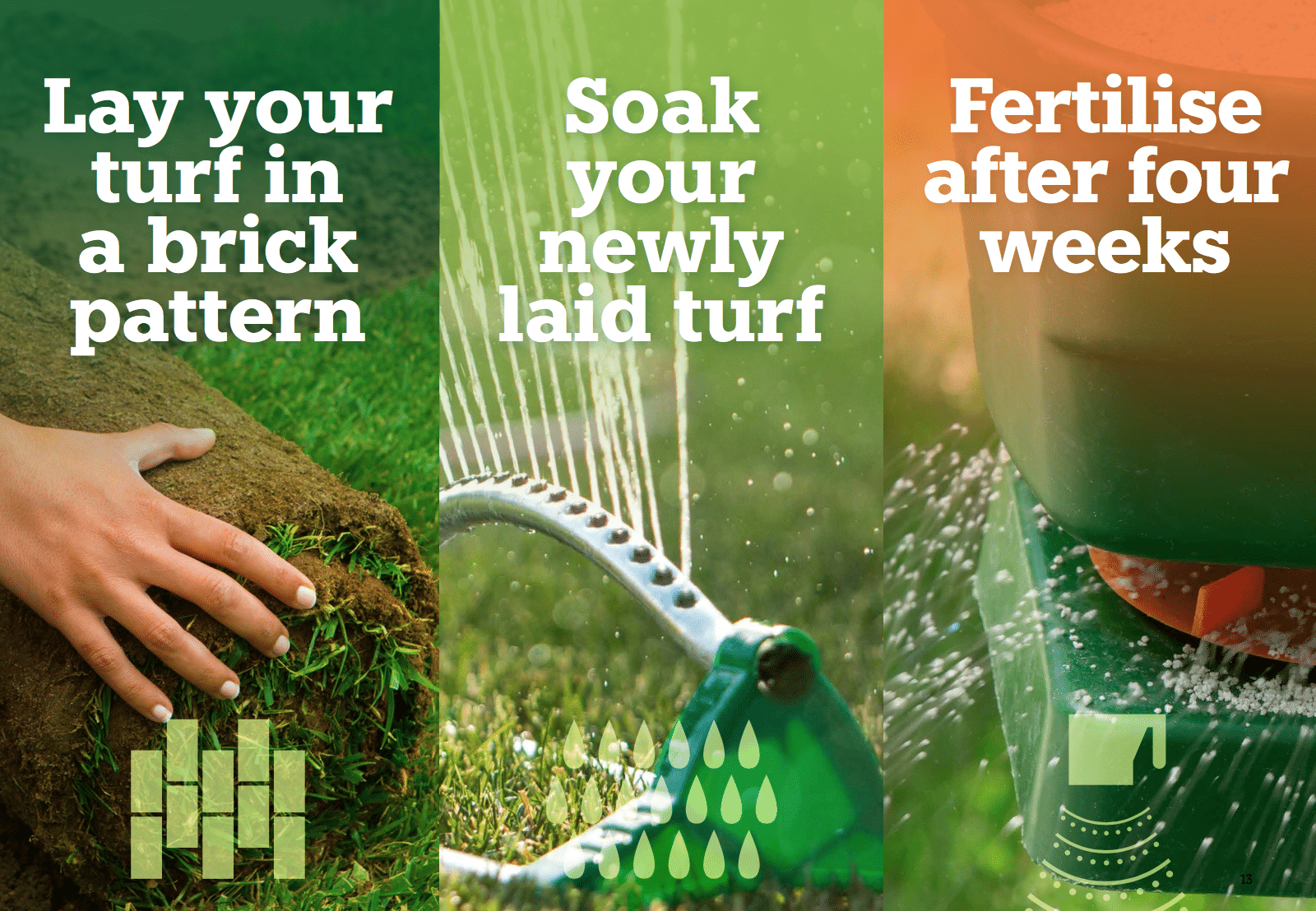


SIR WALTER DNA CERTIFIED

Sir Walter Premium Turf is a superior quality soft buffalo grass giving unmatched performance for Australian conditions. Sir Walter is 100% born and bred under tough Australian conditions & has excellent drought tolerance. Read More?

The newest member of our turf family, Sir Grange truly will impress. Unmatched in superior softness, Sir Grange has a fine blade. And, with low watering and mowing needs, this lawn grass will surprise you by how pristine its dark green grass leaf looks in your yard.
Read More?

Nullarbor Couch is your perfect choice to produce a manicured lawn that stands out. Nullarbor Couch will give long lasting performance in full sun areas.
Read More?

Eureka Kikuyu is a Economical all rounder a proven performer in most Australian climates, Eureka Kikuyu is a vigorous grower that stands up to a wide range of conditions.
Read More?
TIF TUF BERMUDA

Buy Turf Online
Here at Buy Turf Online, we pride ourselves in supplying the best quality Sir Walter and other LSA variety turf. We only sell high quality instant lawn without the hassle. View our turf varieties.
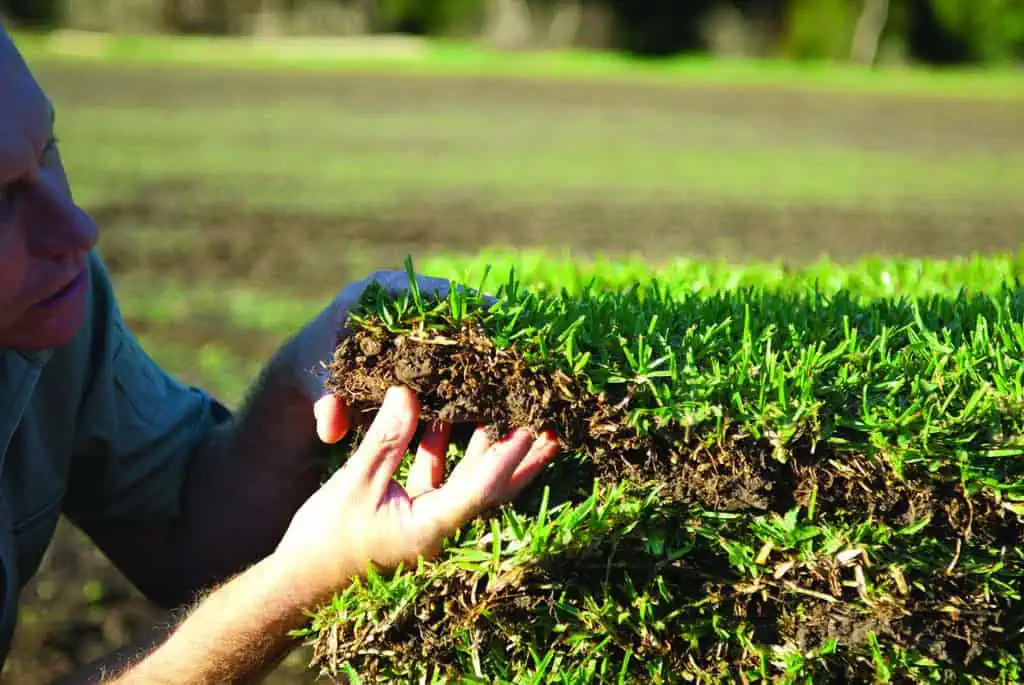
Our Turf is LSA Certified!

Jason Hodges
Jason Hodges was born and raised in the leafy Sydney suburb of Willoughby. He grew up with a dad who was a bricklayer, an older brother who is a horticulturalist and two older sisters who are florists. He loved elements of all their professions and chose to pursue a career in landscaping.
Why should you choose buyturfonline?
10 Year Warranty
On-time Delivery
LSA Certified Turf
Australia's #1 Supplier
Easy As 1, 2, 3!
Testimonials
On-time Delivery
We deliver your turf on-time everytime!


